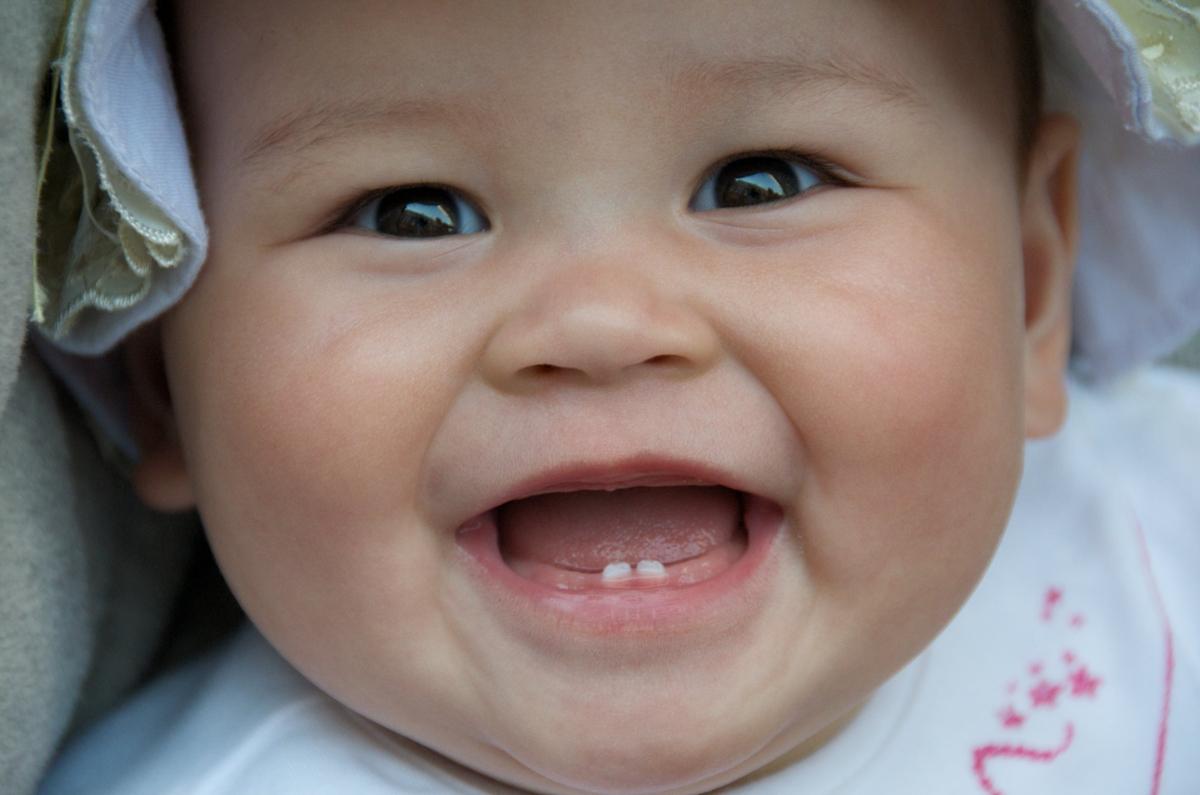D: Wow, you were on the phone for a while, Yaël. Who were you talking to? A close friend?
Y: My mom, actually. But I’d consider her a close friend.
D: So you’d say your mom had a “warm” parenting style?
Y: Sure, “warm” sounds like a good description for it. Why?
D: There’s been research showing that children who grew up with parents who had a “warm” parenting style have an advantage over children who grew up with parents who had a “cold” parenting style when it comes to health and aging. Kids whose parents had a cold parenting style have shorter telomeres than those who grew up with warmer parents.
Y: How are we defining cold or warm parents?
D: It was up to the participants’ perception. They were asked to think back to their home during the first 15 years of their lives, and answer whether they perceived their parents or guardians as being either warm and understanding towards them, somewhat cold and detached, or permanently absent.
Y: And what are telomeres?
D: They’re the protective caps on the ends of our chromosomes. The shorter our telomeres, the faster our cells age, and the higher our risk of eventually getting age-related conditions such as obesity and cardiovascular disease. People in this study who reported having parents who had cold parenting styles had telomeres that were on average 25% shorter compared to those who reported the parenting style as being warm. Considering what we know about telomeres, that means they’re more at risk for getting sick and dying prematurely.
Y: In other words, having short telomeres means getting the short end of the stick.










